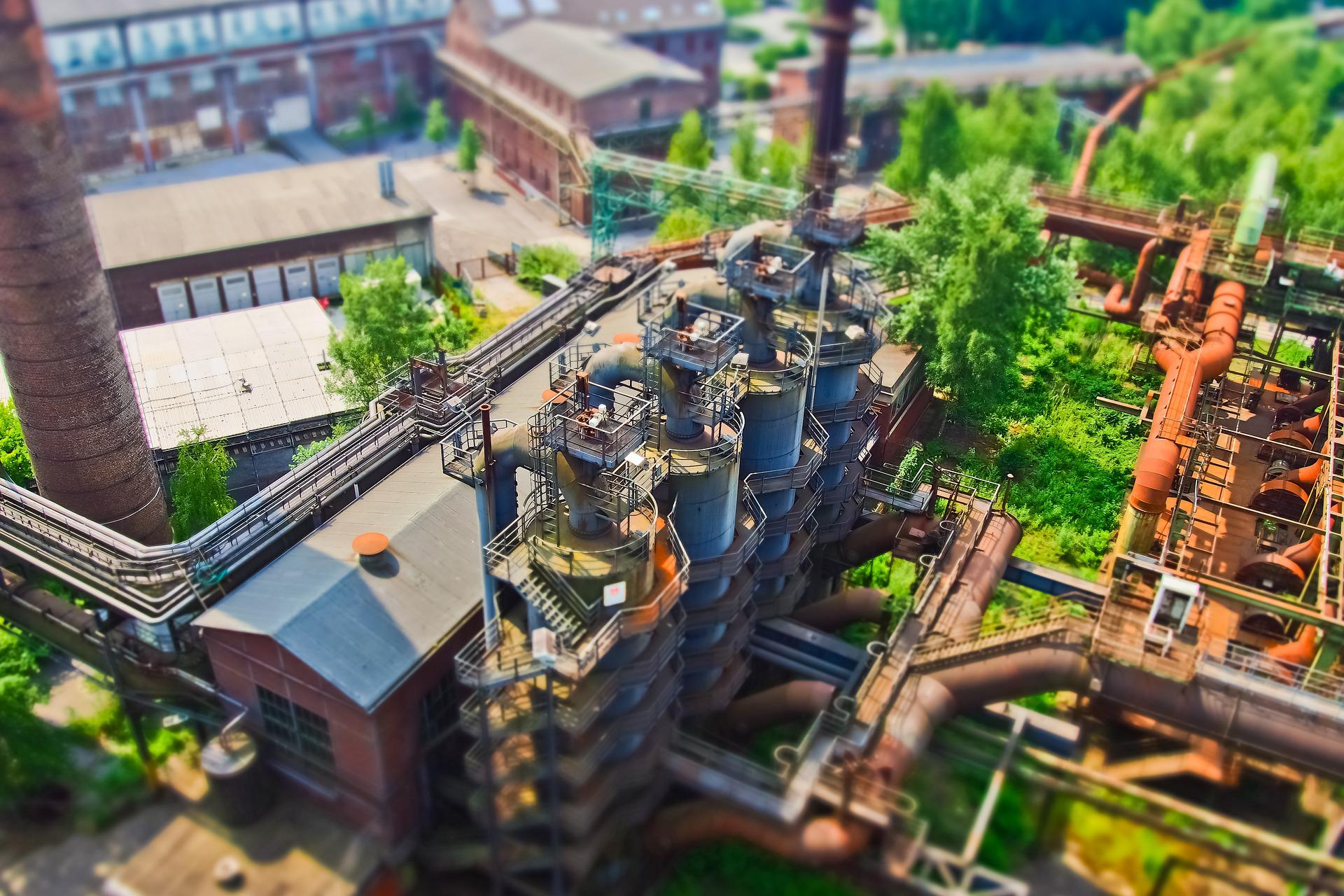
Geneva – Net zero emissions by 2050 cannot be achieved without radically accelerating the decarbonisation of heavy industries.
The World Economic Forum’s first Net Zero Industry Tracker shows the scale of the challenge and sheds light on how industries can get on track for net zero.
Addressing data gaps will improve visibility on solution levers and accelerate the pace of progress.
Actions that will advance the technologies, infrastructures, demand signals, policies and investments required for net zero success are even more urgent.
The five industries of steel, cement, aluminium, ammonia and oil and gas need to take up decarbonisation efforts to achieve global net zero goals.
Today, industrial sectors account for nearly 40 percent of global energy consumption and more than 30 percent of global greenhouse gas emissions.
The five industries of steel, cement, aluminium, ammonia as well as oil and gas, generate about 80 percent of these emissions.
Demand for energy and industrial products is forecasted to increase by further 30 percent to 80 percent by 2050.
If the decarbonisation of industries does not radically pick up pace, industrial emissions will only rise with demand. This would mean the world’s ambition to achieve net zero can be pushed further out of reach.
There will be no net zero future if industries don’t decarbonise. It is imperative to understand the scope of the challenge, the variety of opportunities for industry sectors, and to track the progress on industrial decarbonisation.
The Net Zero Industry Tracker offers a comprehensive framework for monitoring industries’ progress towards net zero. On top of that, it provides insights to inform industry leaders, policymakers and consumers about actions that are the most critical and most effective.
The need for capital to decarbonise industries is immense. For instance, the additional capital expenditure required is equivalent to recapitalising 40 percent of the steel industry.
To reduce companies’ risk exposure and accelerate capital inflow, innovative risk-sharing and financing mechanisms will be critical.
Multilateral public-private partnerships, joint-ventures across industries and value chains, sustainable finance taxonomies, and public funding in the form of grants, low-interest and concessional loans and so on are a must to attract capital for the first commercial-scale assets.
Without radical change, industrial emissions will rise alongside demand for industrial products. The world should go all out to tackle the industry decarbonisation challenge. That means going all in on transparency and collaboration. It is only with collective effort that industries can reach net zero.

